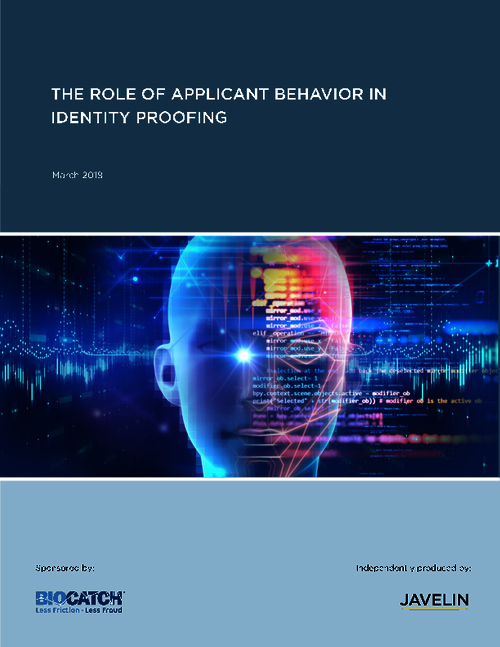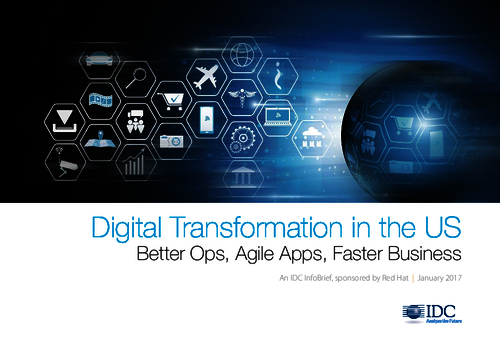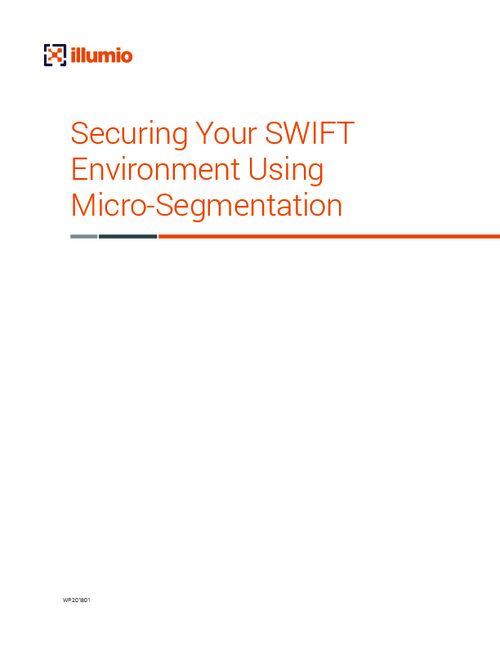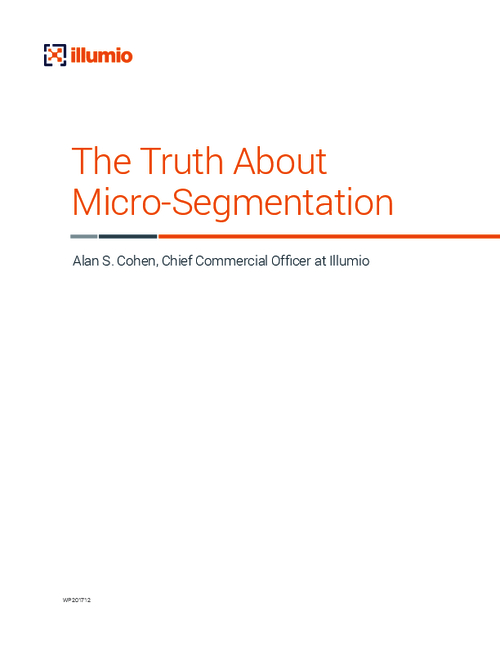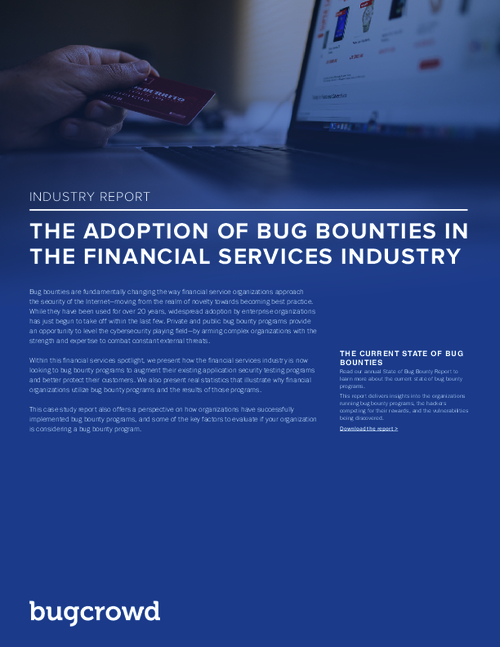New Economies: Value and Data Security
Banks Have Responsibility and Opportunity to Protect
The Internet and emergence of social media have fueled several new payments economies. And these new economies are changing the way value is expressed, moving the industry toward a data-rich environment.
"If we take from the assumption that the value in these new economies is expressed as essentially data ... how do I as a user or a person make sure that data is safe and protected," says Peric in an interview with BankInfoSecurity's Tracy Kitten [transcript below].
To circumvent security issues and risks, the financial-services industry is searching for ways to support new economies by empowering users to control their data in a secure way.
In the traditional so-called transaction economy, a user provides a credit card number and details when making a purchase. The practice poses inherent security risks. Using what Peric calls the "digital acid grid," the industry is working to reverse the process, putting the onus for more data control back on the user. "Let the user be in control of the data, and then let the user provide this data on demand to various suppliers," Peric says.
Moving toward a direction that gives the user more control provides big opportunity for banks and credit unions - financial institutions can become the safe-keepers of data for the user, a role that suits them well. SWIFT could also have a role in that process, providing the technology to support banks in providing such services, Peric says.
During this, the second part of a two-part interview, Peric discusses:
- The "digital acid grid": The notion that users are in the best position to control their own data;
- How traditional payments will merge with new payments methods, and the role financial institutions will play in those emerging schemes;
- Why security, authentication and privacy will be more critical than ever.
Be sure to check Part 1: New Economies: Who's In Control?
Peric has led SWIFT's Innotribe division since 2007, when he was appointed head of innovation for SWIFT. Peric previously served as head of securities market infrastructures, where he oversaw negotiating and acquiring for strategic programs. He was also the chief architect for SWIFTNet. Kosta has been with SWIFT since 1990. Before SWIFT, he worked for Solvay & Cie, Control Data Corp. and the Université Libre de Bruxelles.
The Role of Financial Institutions
TRACY KITTEN: What role do financial institutions play in these emerging schemes?
KOSTA PERIC: If you consider all of these economies, which I just briefly outlined, if you consider that in fact all of that emerged from this basic connectedness of people coming from the Internet - specifically social media and data - I hope the examples have shown that the notion of value is becoming much broader than simply the value expressed today by money.
The value can be multiple depending on the economy you are in, and so the question now is: how can banks embrace these new values and provide products and services related to these new values? For example, I mentioned in the intention economy the banks could act almost like certification providers, saying, "Yes, this person who I know who's a client of mine is issuing this intent and I will guarantee this as a bank so that the suppliers to this person can act in trust and in confidence."
There are a number of opportunities for banks to start acting as safe-keepers of value or information related to various notions which have reputation, intention and relationship. How is that going to turn out? I don't know yet. I think there were a lot of those in the air as what sort of products and services there would be, but everybody is so deep in opportunity to provide something like that.
Addressing Security Risks
KITTEN: What about some of the security risks? How would banks and credit unions address security risks that inevitably surround any emerging or new payment scheme, especially those that involve non-traditional financial players as these new economies seem to involve?
PERIC: That's an interesting question. If we take from the assumption that the value in these new economies is expressed as essentially data, then the question is, "How do I as a user or a person make sure that my data is safe and protected?" There was a notion that emerged at Cyber at Innotribe of something called a "digital acid grid," to support all of these new economies, this notion of the user being in control of his or her data and being in control of how various providers and services interact with this data. I'll use an example, and I'm voluntarily taking a very consumer example, even though SWIFT is not in that business. Just to illustrate my purpose, if I today want to buy things on Amazon and iTunes, I have to put my credit card number and details into Amazon and iTunes. This leads to, at a minimum, inconvenience because I had to replicate this data, but also potential security risks because some of these suppliers that I trusted my data with may leak the data, against their willingness of course. So, the "digital acid grid" idea actually turns the situation in reverse and says, "Let the user be in control of the data and then let the user provide this data at demand to various suppliers." If you think about that, there is a big opportunity for banks to act perhaps as safe-keepers for that data on behalf of the user, and even perhaps for SWIFT, to provide technology to support banks in providing such services.
To summarize what I said, the notion of security, authentication and privacy with these new economies will need to be supported by some very strong mechanisms given to the user to protect his or her data.
Predicting Future Economies
KITTEN: That's a great point. It's something that you also brought up in August, so I'm glad you reiterated that. Before we close, I do want to ask you something, and this is probably difficult to predict because I know that you don't have a crystal ball in front of you. But if you had to make a guess, what new payments forms do you think will be commonplace a year from now?
PERIC: I think in the traditional transaction economy, the new payments forms that are coming are things that we talked about already with mobile. That I think is the clear, emerging trend. But if we look at the other economies that we just mentioned, I think it's not going to be necessarily about new ways to pay, but it's going to be more about new ways to transact and new ways to provide and move data around.
The one example that I can see today that goes in that direction soon will be something like Google Wallet, where this notion of giving to the user the capacity to store his or her data in some form of a secure way and provide it online. I think that notion is certainly coming and a lot of players in the payments space will jump on that bandwagon in the next couple of years. It's not so far out. And as usual, it's not so much a question of technology because most of the technology is probably available or soon to be available. It's more of the ecosystem forming up around the technology, and I think that's something that we will see coming in the next couple of years.



